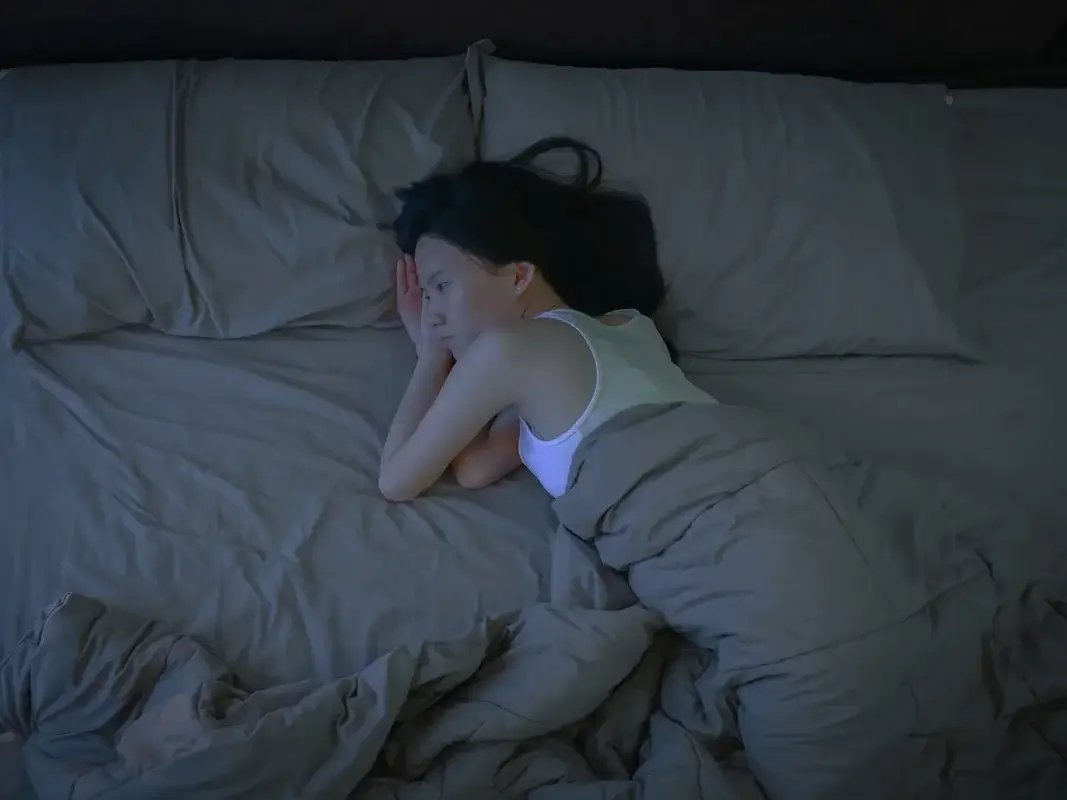Lifestyle
Is It Normal To Sleep Through The Night?
Many people wake up in the middle of the night for a bathroom break (or two or three).
According to recent data, 69% of men and 76% of women over 40 report going to the bathroom at least once per night.
Additionally, one-third of adults over 30 report, making two or more nightly trips to the bathroom.
There is actually a term for this: nocturia.
The technical definition for nocturia is when a person gets out of bed to urinate one or more times per night.
There is mounting evidence that nocturia may be associated with increased mortality risk, via its detrimental effects on sleep and other associated comorbidities – N.I.H
By this standard, nocturia is widespread.
BTW, it is not uncommon for someone to tell me when they start my program that they have fewer episodes of waking up during the night.
Our bodies are designed to help us sleep through the night.
If we are getting high-quality sleep, our bodies know to slow down bodily functions by producing antidiuretic hormone (ADH) Vasopressin.
Vasopressin releases at night during deep sleep so that the urge to pee is not something that wakes us up.
Barring any bladder conditions or other considerations such as pregnancy or pelvic floor changes post-childbirth, most people should sleep through the night without any issues or urges to pee.
So why can we no longer hold it all night?
Did our bladders get smaller, or are we super hydrated these days?
The answer probably has nothing to do with our bladders and a lot to do with our poor sleep.
Most people today are simply not getting as much deep sleep anymore.
Many clients tell me that they are in bed for seven, eight, nine hours or more but still feel exhausted.
The fact is, they are.
They don’t need more time in bed…they need more time in Deep Sleep!
How Carbs/Sugar effect your sleep Even though sugar and carbs may induce sleep, they also interrupt sleep making it hard to go to sleep. One study found that postmenopausal women who ate a diet higher in carbs and sugar had a higher incidence of menopause compared to women who ate healthier diets. This is due to a few reasons. First, sugar causes spikes in blood sugar which can cause the body to release insulin. If this process is happening during the night, it is causing activity in the body, which is the opposite of what’s supposed to be happening during sleep. This insulin release can lead to the release of adrenaline and cortisol, two hormones that can interfere with sleep. Secondly, high-sugar diets create a bundle of energy that needs to be burned by the body, so the body spends more time in REM sleep. REM sleep requires a lot of energy and takes away from the time being spent in deep sleep, where growth hormone is released and which leads to feelings of tiredness and a lack. How Alcohol effects your sleep Oftentimes, it’s easy to grab a bottle of your favorite adult beverage to blow off steam and relieve the day’s tensions. And while the occasional urge to drink is normal, making it frequent can be disruptive to your health and weight loss goals. Drinking can also negatively impact sleep as the alcohol in your blood interrupts and compromises the recovery effects of your sleep cycle by increasing insulin. While alcohol can make you feel drowsy initially, the quality that drunken sleep provides is not very productive. Delta Pattern brain activity slows down, decreasing the effectiveness of memory and learning formation. At the same time, Alpha Pattern brain activity speeds up, which normally does not occur during sleep. Combined, these competing brain activities inhibit quality sleep. Drinking can also lead to more frequent awakenings in the middle of the night because the alcohol blocks chemical receptors in the brain that would normally trigger sleepiness as well as being a diuretic, triggering more bathroom breaks. Alcohol also stimulates the production of Adenosine, which is a chemical associated with wakefulness. There’s even a link between alcohol and snoring, which could lead to disrupting your partner. What does all this mean?You will notice on days that you eat and drink poorly you will have more frequent waking episodes. Alcohol and carbs (sugars) block Deep Sleep. This is considered the most impactful phase of the sleep cycle. Deep sleep is when the pituitary gland secretes important hormones, like human growth hormone, leading to the growth and development of the body. Other benefits of deep sleep include: • Energy restoration • Cell regeneration • Increasing blood supply to muscles • Promoting growth and repair of tissues and bones • Strengthening the immune system Deep Sleep Enhancer While limiting alcohol and eating a low-carb diet is the best practice for quality sleep, reduced brain fog, and fat loss, Pharmaceutical Grade- prescription strength Omega-3 Fish Oil can help. Pharmaceutical Grade- prescription strength Omega-3 Fish Oil: • Lose fat • Improved sleep • Increased strength • Reduce brain fog • Decrease cravings *Note: You must follow the Right Diet for this to be effective. |


